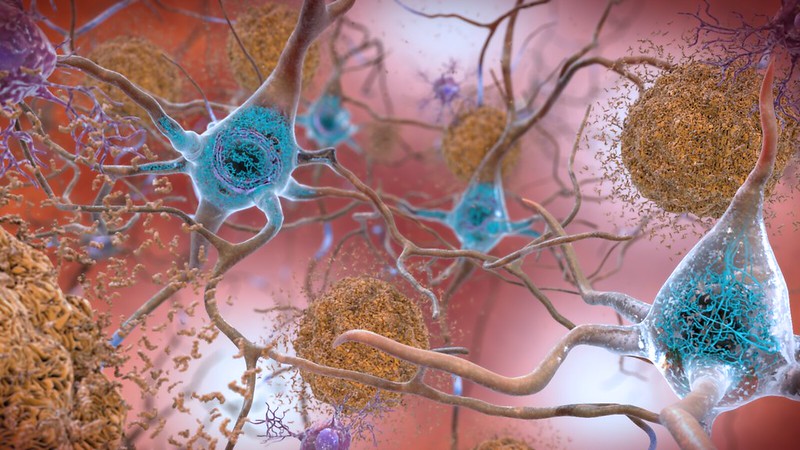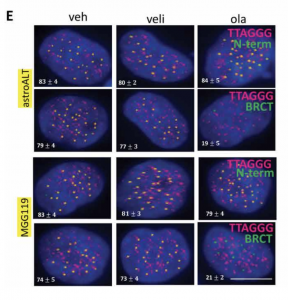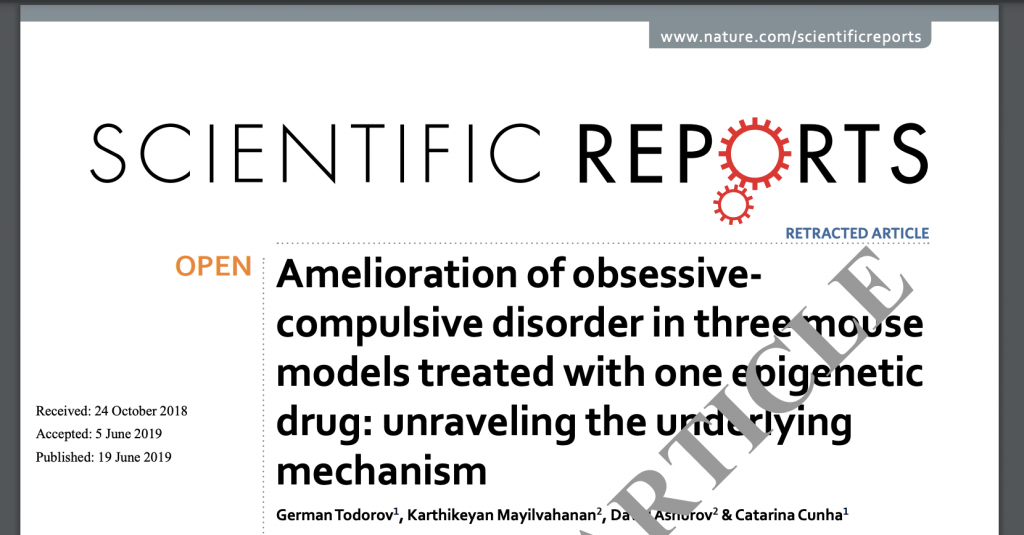
Investigative journalist Charles Piller’s latest book, Doctored: Fraud, Arrogance, and Tragedy in the Quest to Cure Alzheimer’s, came out in February. It details the work of Matthew Schrag, a neurologist at Vanderbilt University in Nashville, Tenn., and other sleuths who uncovered evidence of problems in hundreds of research papers about the neurologic condition.
Most reviews and coverage have been positive, Piller said. But some Alzheimer’s researchers have criticized the book in reviews published in JAMA, The Lancet Neurology, and the website Alzforum, which hosts news and commentary on Alzheimer’s research.
Piller and Schrag say they respect that others are entitled to their opinions, but expressed concern that some of these reviews contain inaccuracies that downplay their findings. And the journals and Alzforum have refused to publish responses they submitted or make corrections they requested.
Continue reading ‘More of the same’: Journals, trade website refuse to correct critiques of book on Alzheimer’s fraud







